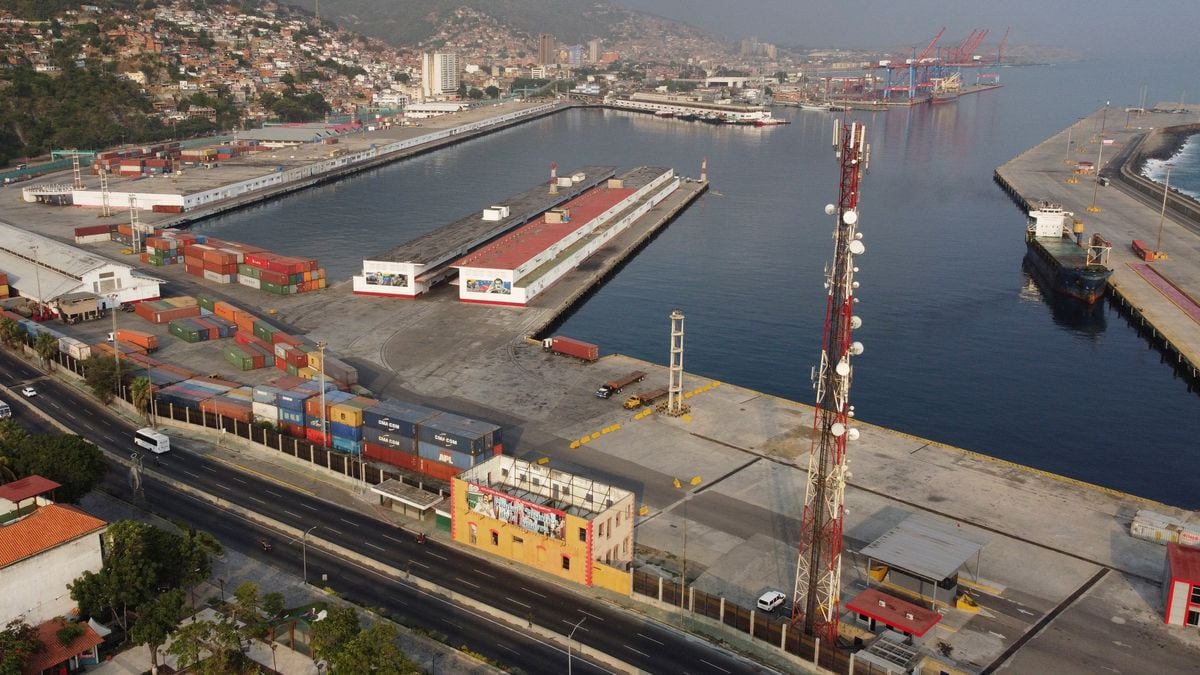The United States has once again resorted to economic sanctions as a measure of pressure against the Government of Nicolás Maduro. Washington reactivated the restrictions on the energy sector suspended six months ago due to the elimination from the electoral competition of opposition candidates.
This pressure, now exerted in the middle of the race towards the presidential elections on July 28, is not new. It spans three administrations in the White House and has become progressively more complicated. These are the keys to the diplomatic struggle with Caracas: From Obama to Biden, through Trump's heavy hand, this is how Washington's economic measures against the Maduro Government have had an impact on Venezuela. The first economic sanctions date back to 2017. The Treasury Department, under the orders of Donald Trump, imposed restrictions on operations, transactions, and negotiations between US entities and persons and the Venezuelan Government. In 2019, in the midst of a fight between Juan Guaidó and Maduro, Washington hit PDVSA, greatly weakened by the economic crisis and the rampant corruption of the state oil company. The path to easing these blockades on the sale of Venezuelan oil began on February 25, 2022, when Russia invaded Ukraine. The imbalance in the global energy market with a new war on the horizon ended up bringing the United States closer to the Maduro Government. Boosting production, after years of disinvestment and mismanagement, has been difficult for PDVSA. Venezuela, a country that once reached more than three million barrels a day, has not exceeded one million again since it recorded its minimum at the time of the greatest crisis in the operations of the state company that worsened with the veto of the United States to Venezuelan oil. Today, between 800,000 and 850,000 barrels are produced daily. The minimum wage has not been increased in Venezuela for two years, which today is equivalent to just over three dollars a month.

